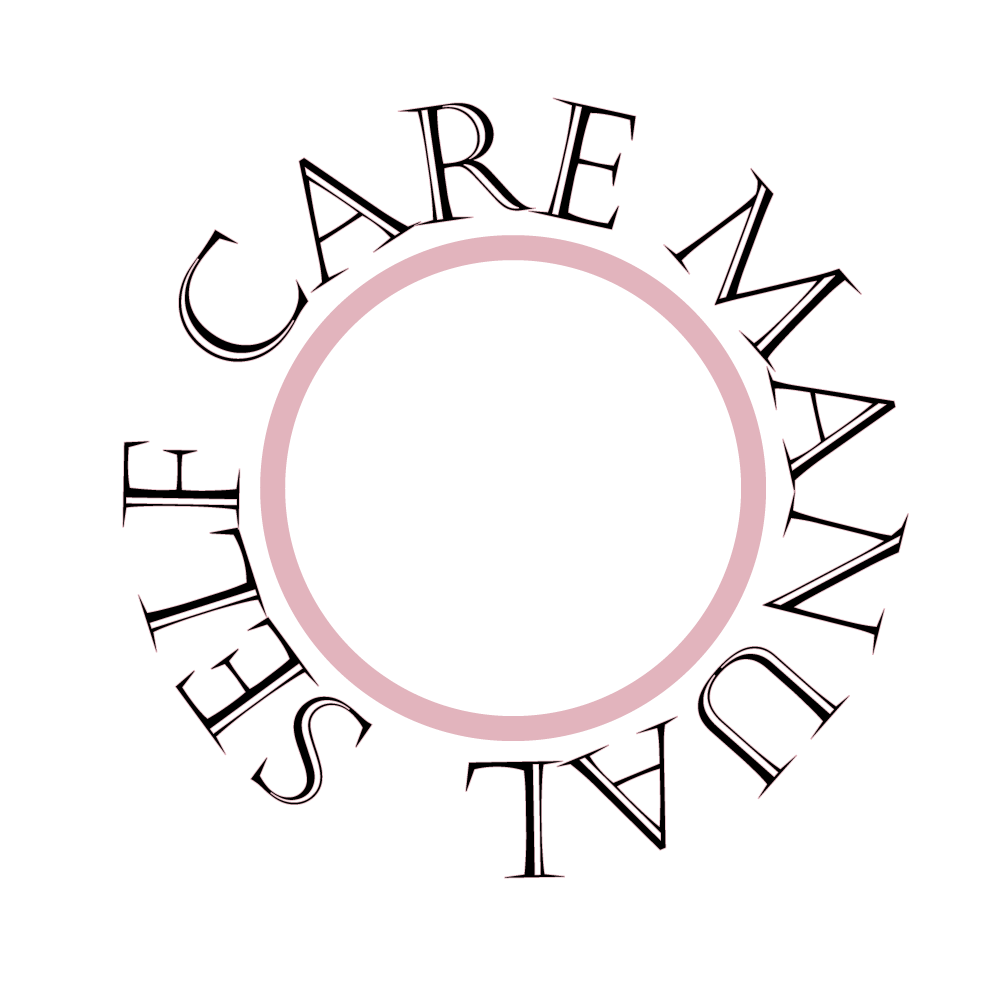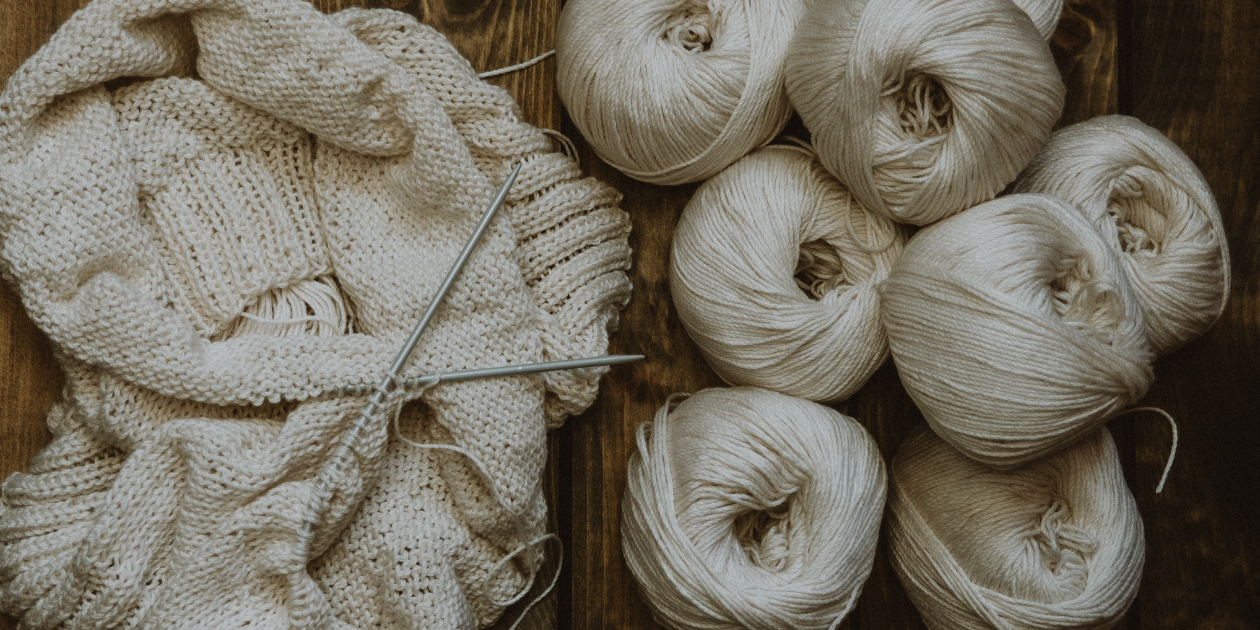The Era of Small Pleasures
As an adult in today's economy, it's difficult to make significant purchases like homes or new cars (or anything over 10k really). With rising living costs, stagnant wages, and an average student loan debt of over $30,000, many of us have limited financial flexibility.
Instead, we turn to small daily pleasures for satisfaction and joy. These include buying specialty coffees, subscribing to streaming services, or investing in hobbies like fitness classes or crafting.
Here’s one depressing example: 46% of millennials believe they will not be financially prepared for retirement when the time comes, according to Investopedia.
To older generations, our spending habits might seem frivolous. However, the financial landscape has changed dramatically. Unlike previous generations, we face unique economic pressures and uncertainties, such as higher education costs and a competitive job market. Judging our choices doesn't help; understanding and empathy are more constructive.
These small pleasures, whether it's a daily latte or a monthly subscription box, provide needed respite and a sense of control in a challenging financial environment.
The Impact of Generational Comparisons on Mental Health
Comparing ourselves to previous generations is not beneficial for our mental health. The economic and social conditions have changed significantly over the years. For instance, older generations often had more stable job markets, lower education costs, and more affordable housing. In the 1970s, the average cost of college tuition was around $1,410 per year, whereas today it can exceed $10,000 annually for in-state public colleges.
Housing prices have also skyrocketed; in 1980, the median home price was about $47,200 compared to over $300,000 today. When we compare our financial achievements to theirs, it can lead to feelings of inadequacy and frustration. This constant comparison creates unnecessary stress and undermines our sense of accomplishment.
Instead of comparing ourselves to the past, it’s healthier to focus on our own progress and the unique challenges we face today. For example, while older generations could often support a family on a single income, many of us need dual incomes just to cover basic expenses. Recognizing these different circumstances allows us to set realistic goals and appreciate our own achievements. By understanding that our financial and personal journeys are different, we can reduce stress and improve our overall mental well-being. Accepting our current reality and celebrating small victories helps build a more positive and resilient mindset.
The Mental Health Benefits of Having Hobbies
As millennials, we're often criticized for our spending habits, focusing on small daily pleasures instead of saving for big purchases. On social media, we see people documenting their daily walks, coffee dates, and Pilates classes with friends.
It’s great to see that this generation is learning to celebrate small wins, and the choices have tangible benefits for our mental health. By engaging in activities we enjoy, we're investing in our well-being and finding effective ways to reduce stress.
Here are some stats to consider.
Engaging in hobbies can have significant benefits for mental health and overall well-being. Leisure scientists have long believed that leisure activities play a crucial role in enhancing well-being and reducing stress. Leisure encourages positive feelings and promotes various social and physical resources, helping individuals feel refreshed and better equipped to cope with stress.
A recent study published in Nature Medicine highlights the positive impact of hobbies on health and mood. Researchers analyzed data from over 93,000 people across 16 countries, including the United States, Japan, China, and several European nations. The findings include:
Better Health: Participants with hobbies reported better overall health.
Greater Happiness: Those engaged in hobbies experienced more happiness.
Reduced Depression: Fewer symptoms of depression were noted among hobbyists.
Higher Life Satisfaction: Individuals with hobbies reported higher life satisfaction.
Hobbies such as knitting and crocheting have been specifically noted for their benefits in reducing anxiety. These activities provide a meditative experience, allowing individuals to focus on repetitive motions, which can help calm the mind and lower stress levels.
What Millennials Are Spending Money on in 2024
Total Consumer Spending: Millennials spend an average of $74,782 per year, which amounts to 74.5% of their income after taxes.
Budgeting: 45% of millennials carefully budget their finances, a higher rate compared to other generations.
Preference for Experiences: Millennials value experiences over possessions, with 78% choosing to spend money on events or experiences rather than material goods.
Sustainable and Ethical Spending: Millennials prioritize sustainability and ethics in their consumption habits, with 73% willing to pay more for products or services that promote a positive impact on the world.





By cultivating these seeds of emotional intelligence, we're not just raising children; we're nurturing future adults who are emotionally aware and resilient, ready to face whatever comes their way with strength and empathy.